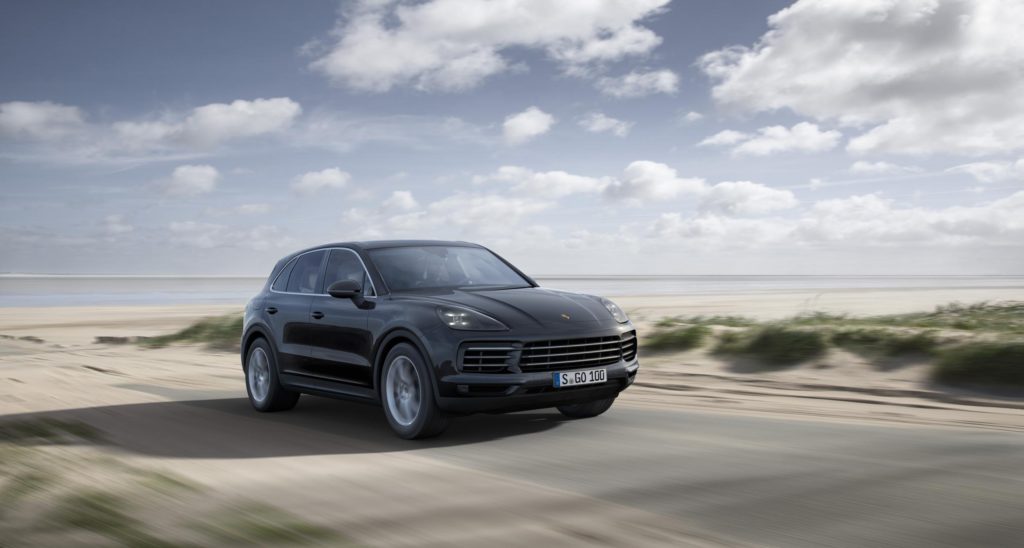Porsche seeks €200m damages from Audi as Diesel Summit work group calls for diesel hardware fixes
09 October 2017

09 October 2017
German tabloid newspaper Bild am Sonntag (BamS) has reported that Porsche is seeking €200m in damages for the 3-litre Audi diesel engines which the brand featured in its Cayenne SUV and were later discovered to have emissions-cheating software. This embroiled Porsche in the Dieselgate scandal and, in July, it was ordered by authorities in Germany to recall 22,000 Cayenne models. Furthermore, in August, Switzerland’s road agency imposed a preliminary ban on new registrations of Porsche Cayenne models equipped with ′defeat device’ software.
BamS reports on an internal communication that the board of Porsche addressed to the Audi board, in which they presented in detail which costs Porsche has suffered as a result of the recall of the 22,000 Cayennes with 3-litre diesel engines. Aside from the recall itself, costs associated with legal advice and ′customer measures’ are also included. However, it comes as little surprise that Audi is expected to pay as Porsche’s head of finance, Lutz Meschke, previously clarified that claims would be submitted to Audi given the supplier contracts.
German trade journal Automobilwoche reports that, according to sources, Porsche is working on a solution with Audi. According to the article, ′Both Group subsidiaries are linked by a wide range of cooperations, for example in the production of SUVs. In addition, the cooperation in the development with regard to new electric models will be strengthened in the future. It is therefore unlikely that there will be an open dispute between the sister brands. According to BamS, Audi has already signalled its willingness to pay.’
Meanwhile, Germany continues to wrestle with how to solve the diesel emissions problem. Although the Diesel Summit held back in August agreed on software updates instead of more expensive retrofitting of hardware, according to German news magazine Der Spiegel, older diesels with excessive NOx (nitrogen oxide) emissions should not only receive a software update but also be technically retrofitted. This conclusion was reached by one of the four working groups set up at the Diesel Summit in August and puts pressure on carmakers to offer a hardware retrofit as well as the software updates.
Der Spiegel further reports that this decision requires external experts to check diesel models to determine whether the retrofit of a catalyst with an urea injection (AdBlue) would be technically possible and financially reasonable. The question as to who would pay for the technical retrofitting remains unanswered though and so customers could have to bear some of the costs. However, the conversion would probably not be mandatory – the incentive for the owners of older diesels is that they would not be affected by the driving bans still threatened in cities such as Stuttgart.
Photograph courtesy of Porsche